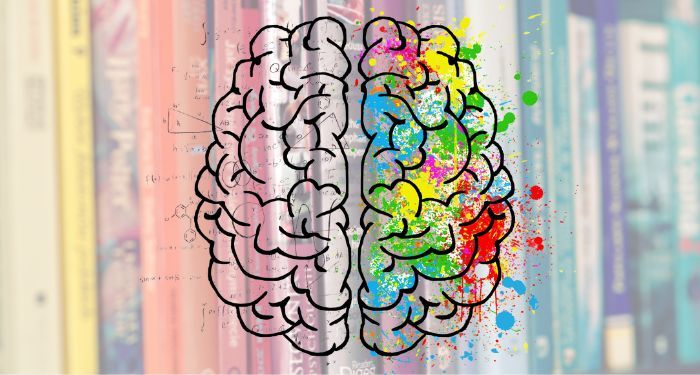
Why I’m Not Impressed By How Many Books You’ve Read
Recently, there was a BuzzFeed Books article by a reader boasting that they had read 3,000 books in one decade. The article was angled more from the perspective of the writer sharing their reading journal from the last decade, since they’d kept track of each book they had read during that timeframe. “It’s like a time capsule, but with reading!” Naturally, I was intrigued: I, too, recently took up journaling the books I read, and I’m always fascinated how things like books or songs can manage to serve as a time capsule into a specific point in someone’s life.
But where they lost me was when I saw the reaction to this particular article in both the comment section and on social media. The overwhelming response was, “Wow, wish I could read that much!” or “teach me your ways, oh wise one!” And it was triggering for me in a way that, as an avid reader from the crib, I feel like we don’t discuss enough as bookworms. To borrow a popular phrase from Nick and Charlie in Heartstopper: why are we like this?
In short, seeing a headline, regardless of its true intention, designed to generate clicks based on the humble brag that you read 3,000 books in one decade doesn’t make me want to applaud you, it makes me concerned for your mental health.
I should note that I in no way know the writer of the article in question and I am in no position to comment on their mental health, nor them of mine. Rather, I feel as though the concept of an article like this is pulling at a deeper, un-plucked thread that we’d sooner not acknowledge: that being the bookworm’s tendency to define themselves by how many books they’ve read. And of that I am so beyond guilty.
A few months back, I shared how I’ve lately begun overcoming my tendency to read compulsively as a coping mechanism for any ugly feelings I was dealing with — which essentially just means my ongoing mental health struggles that had reached the point of needing further treatment. Long story short, it was only once I went on anxiety medication did I return to the joy and sensation I got from reading as a kid, before I started studying and analyzing books in college and university where I developed a compulsion to make them my entire personality in order to hide from how scared I was to enter adult life.
It took me seven years, but I finally learned that my self worth should never be tied to something as trivial and insignificant as the amount of books I’ve read for pleasure. I would have never openly admitted my tendency to consume books this way as a method for dealing with my anxiety, but it was always there, slowly eating away at my ability to actually enjoy things for what they are. So when I see people online encouraging a culture with clickbait such as, “Hey look at me, I read 3,000 books in one decade,” it makes me concerned for other readers who might relate to my journey as using books as a shield from mental health issues.
I’m also not implying that all readers necessarily suffer from the same mental health concerns as me. But I do know for a fact that we have a tendency to believe books are magic, sometimes for the wrong reasons. Of course books are magic — go watch The Pagemaster if you need a reminder of the right reasons. But when I started studying literature as a wee baby 18-year-old, I bought into this culture that was becoming increasingly accessible online thanks to the rise of book blogs and “Bookstagram” that told me there were no problems so great the perfect book couldn’t fix them. I searched and searched and might’ve momentarily found my fix, but it was certainly fleeting. In this context, books are magic in the figurative sense, not the literal. There was never one magical book that solved every problem in my life, but it’s easy for young, anxious, introverted bookworms to buy into this capitalist lie.
Which is why I feel concerned when I see bookish platforms promoting this lie, especially to young readers who might think, like I did, that pushing yourself to read more and more books each year will suddenly provide you with the sense of ease and understanding you are so desperately searching for. It — and I cannot stress this enough — did not. If anything, reading too many books just increased my periods of burnout that I could never explain, because how could the magical experience of reading be causing me this pain?
I don’t believe that the writer of the BuzzFeed Books article sought out to encourage people to read compulsively. I’m sure the intention behind the headline was genuine and innocent, just wanting to share their personal time capsule of reading, which is nice. But you also can’t deny to me that, in modern reader culture, there isn’t a part of us — however big or small — that sets reading goals on Goodreads or boasts about how many books they read each year in order to make ourselves feel just a little bit superior to someone who hasn’t read that much. I want people to be honest with themselves about why they might be reading the way they’re reading. Because I don’t wish the pain and suffering that an unhealthy coping mechanism, like reading too many books, can often bring on anyone.











